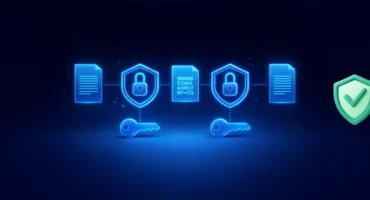Age Verification Laws: What You Should Know and How to Protect Your Privacy
Adult content has become easy to access by minors today. Relatable sites just ask users to confirm they’re 18 years or older, with no barriers to click “Yes” even if you’re underage. Under these circumstances, many US states as well as several EU countries have enacted age verification laws and provide a more effective control over adult websites. According to these laws, users have to confirm their age with a driver’s license, ID, or face recognition app. But despite the good intentions behind age verification laws, there are many privacy concerns you should be aware of. In this article, we’ll discuss all ins and outs of age verification laws and explain how you can stay anonymous regardless of legal regulations applicable to your region.

How does the age verification law work?
The main purpose of the age verification laws is to oblige adult websites to adopt reliable ways of age confirmation. For now, the following methods are common:
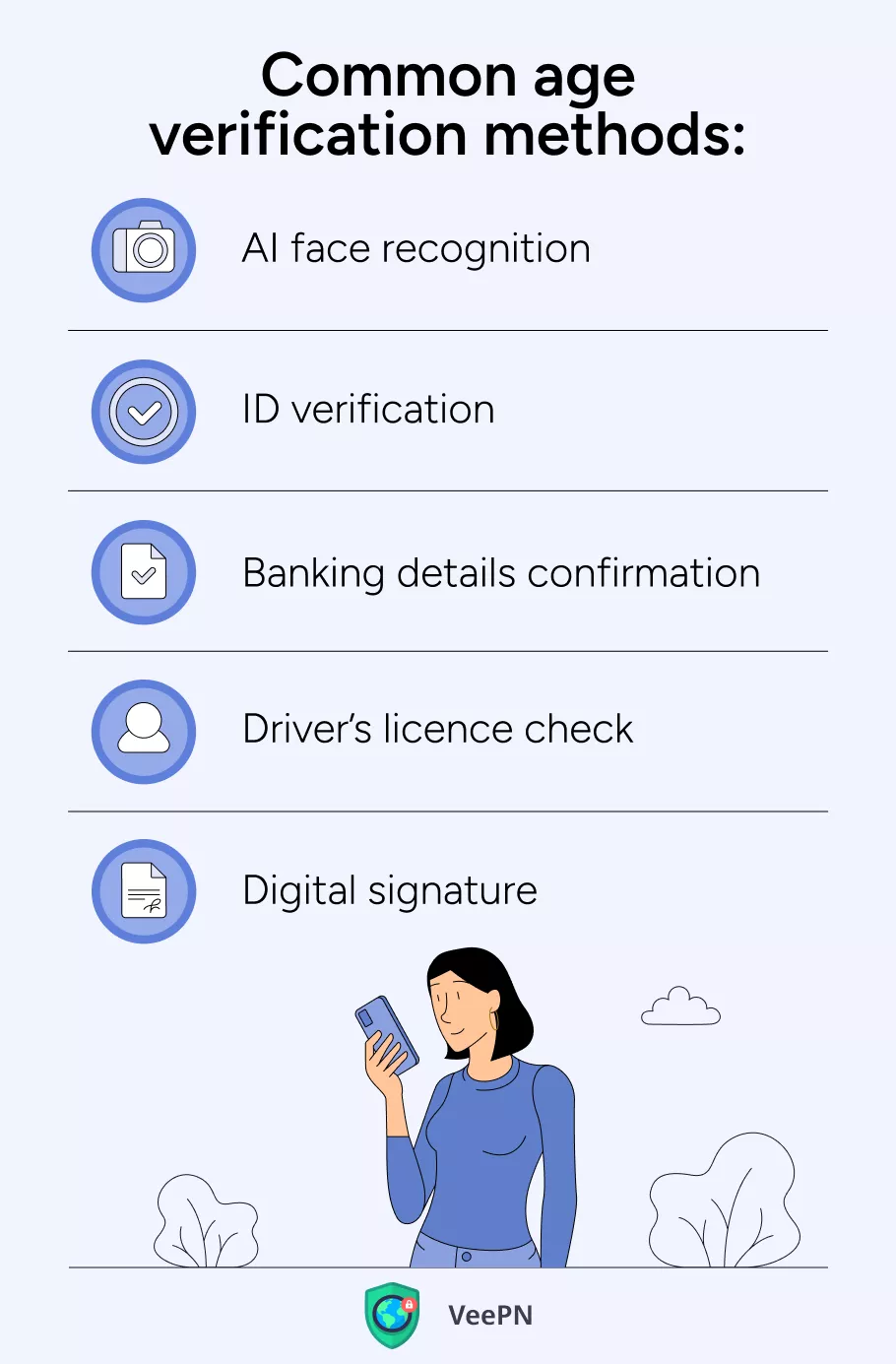
✋Artificial intelligence (AI) facial recognition. You have to take a picture of yourself and submit it to a site you would like to visit. The AI app will process your photo and determine whether you are older than 18 years.
✋ID verification. To pass an adult check and confirm you’re 18 or older, you may need to provide scans of your ID as it’s legal proof you’re grown-up enough to access sensitive content online.
✋Banking details confirmation. By providing your banking details, you confirm that you are an adult as you have a legitimate bank account.
✋Driver’s license check. In the same way as ID verification, you can be asked to submit your driver’s license to prove you are adult enough to access a site with sensitive content.
✋Digital signature. An adult website may ask you to leave your signature to confirm that you are above 18 years old. This signature gets compared with signatures you left on other official papers in the past.
However, the age verification laws do differ, which is why it’s important to know how various countries interpret and apply them.
Age verification laws in different countries
The United States, France, Germany, and the United Kingdom are the pioneers that push adoption of adult check law quite hard. Let’s discuss how each country implements it:
The US
To start with, we need to say that age verification law in the US is subject to state legislation, so not all states have adopted it. Check the table below to see how age verification law work across states:
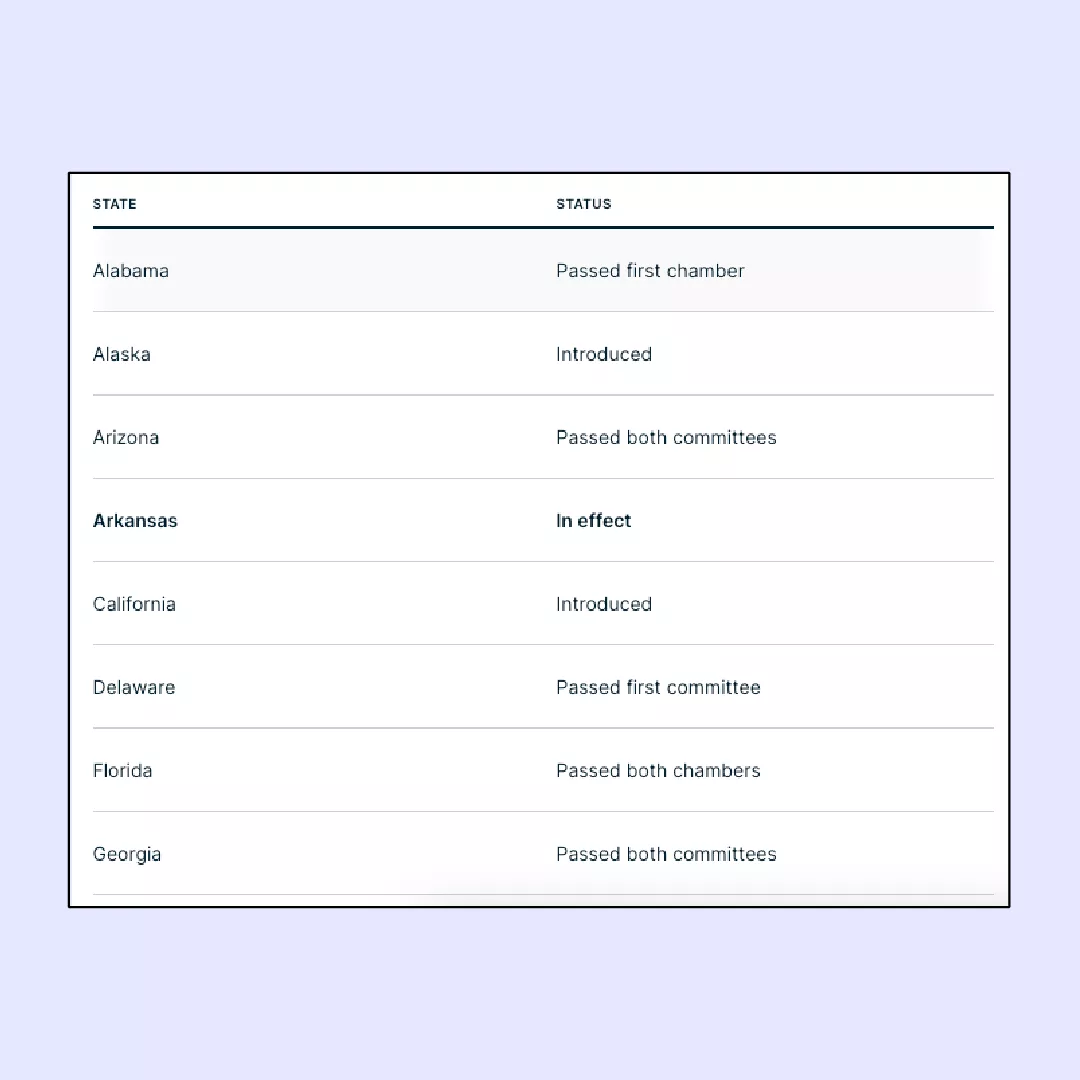
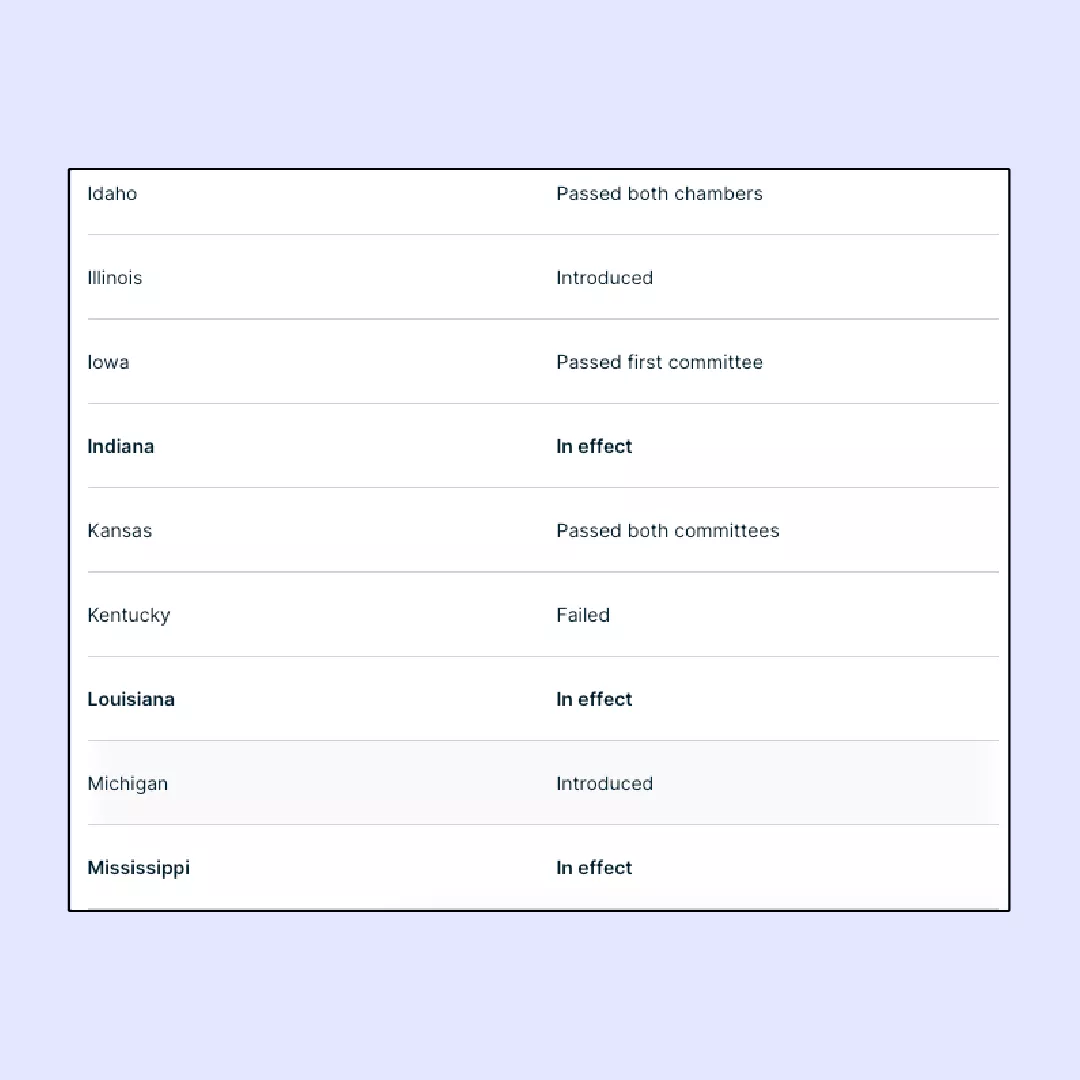
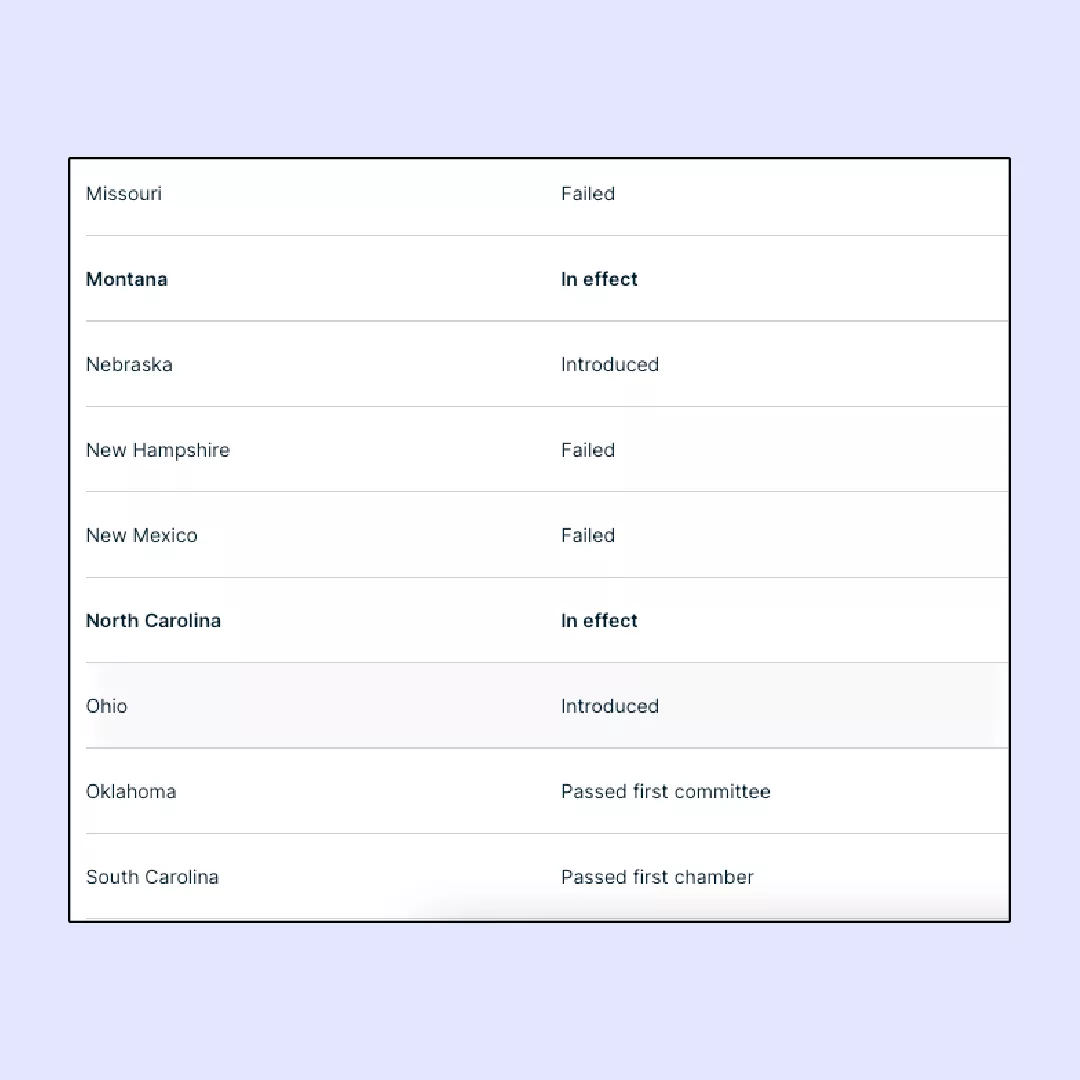
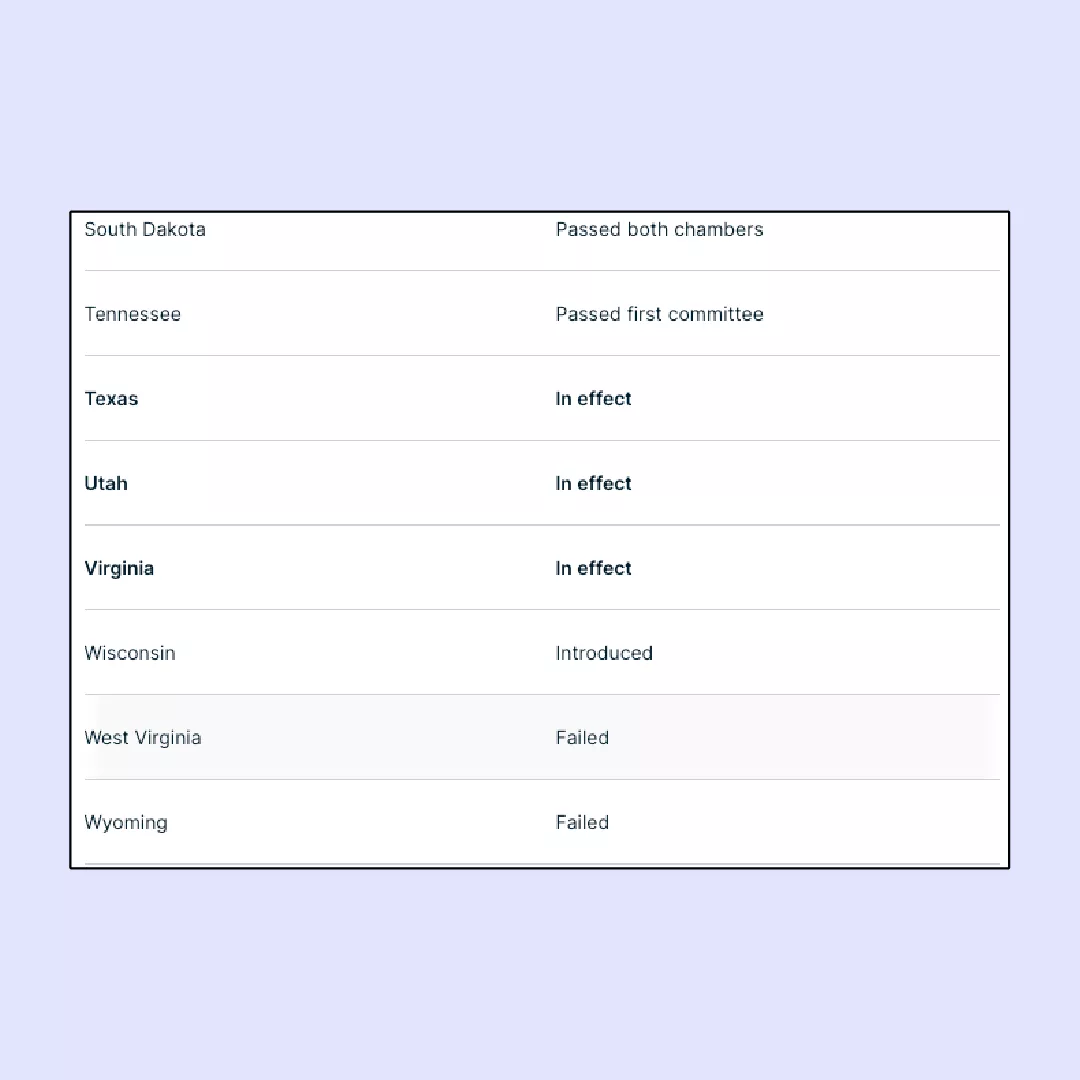
Anyway, the main principle of the law is to request users to verify their age by submitting a government-issued ID in case the site contains at least 33.33% of adult content. Websites that fall under this category are obliged to adopt this verification method, otherwise the consequences can be the following:
⛔Liability for damages. Websites that fail to use state-approved age verification processes could be held accountable. This exposes them to lawsuits if children access adult content on their platforms.
⛔Hefty fines. Non-compliant websites may face substantial fines, up to $5,000 per day for lacking proper age verification methods. Penalties can double to $10,000 per violation if they are proved to willfully violate the online age verification law.
⛔Criminal liability. Recent legislative proposals in states like Indiana, Tennessee, and Illinois suggest the possibility of criminal charges for websites that fail to implement age verification. Even though no such laws have been passed yet, it’s a nod towards more strict law enforcement methods.
France, Germany, and the UK
Under the Digital Services Act adopted by the European Commission, three world’s largest adult sites are required to verify the age of their users. Violation of this regulation leads to up to 6% revenue fines or even a site’s ban. In response to this act, France, Germany, and the United Kingdom have developed relatable age verification solutions.
For example, France has developed an age-verification service that works as an intermediary between user verifying the age and an adult website. As for Germany, it requires adult websites to use either an ID check, credit card verification, or third-party age verification apps to comply with the Digital Services Act. As for the UK age verification law, the government makes photo ID verification, AI-based face recognition, or bank account/digital wallet check mandatory as the main methods of confirming a user’s age before accessing an adult website.
Even though these regulations may look like an effective solution, all of them involve collection of users’ data, which means serious security and privacy issues. This aspect raises numerous concerns, so you should understand what risks you’re taking when you agree to confirm your age with any of the above-mentioned methods.
What’s wrong with the age verification laws?
There are many wrongs with the website age verification law, and all of them are quite serious, which is why you need to know what risks this law may imply for you:
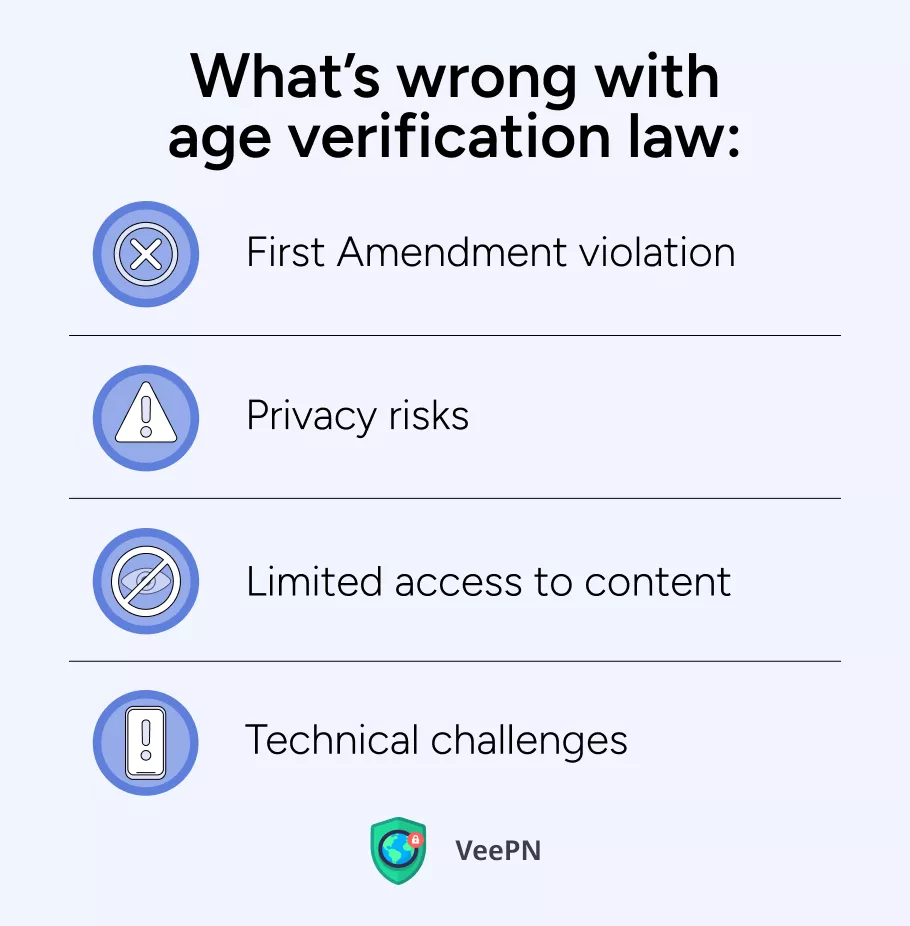
First Amendment violation
The age verification law is criticized for a potential infringing of the First Amendment rights that protect freedom of speech and expression. Critics and civil rights activists fear this law can broadly limit access to various types of content, not just adult material, which means a serious threat to the freedom of speech and expression on the Internet.
Privacy risks
A significant concern is the risk of privacy breaches stemming from the collection and storage of users’ personal information for age verification. This applies not only to adults but also children, who may attempt to circumvent these checks by providing personal details and leave their digital footprint.
Access to such a large pool of sensitive information could attract cybercriminals and provoke more hack attempts in the future. Adult websites might lack the security measures to protect this data, so this puts all people the age verification policy aims to protect at risk.
In the same vein, the collection of personal information for age verification also raises concerns about potential misuse. This information could be exploited for unauthorized surveillance, targeted advertising, or even sold without consent.
Limited access to content
In response to strict age verification laws, adult websites have blocked access in states enforcing these mandates, such as Texas and Utah. This limits adults’ access to legal content, potentially driving them towards less secure, unregulated sources. If you happen to travel to the region where an adult site you would like to visit is unavailable, consider using VeePN — an effective VPN solution that will let you surf the Internet without restrictions as if you’re at home.
Technical challenges
Implementing age verification faces technological hurdles, especially in states without infrastructure like digital ID systems. Additionally, methods like facial recognition might not work properly, meaning that users can’t be sure they’ve passed age verification checks, while photos taken for the verification can potentially leak into the hands of malicious actors.
Many adult websites realize that implementing age verification tools expose users to the privacy risks and leave many other security gaps that are hard to address at the moment. For that reason, these sites simply refrain from working in regions where the age verification law is enforced and block IP addresses from these locations.
So if you don’t feel safe to confirm your age with any methods we’ve discussed, we recommend using a virtual private network (VPN) app. But wow can a VPN help you? Let’s find out!
How VPN can protect your Internet privacy
Using a VPN app is an effective method to enhance your Internet privacy and protect your identity. By directing all your online traffic through a secure tunnel to a remote server, a VPN ensures that your online activities remain private and anonymous, protecting your personal information from being tracked or accessed by third parties.
However, it’s crucial to avoid free VPN services, as they often compromise your privacy by selling your data to third parties, such as advertising companies. Instead, consider using a premium VPN app like VeePN, which offers comprehensive security features:
🛡️Improved IP address masking. VeePN offers 2,500 remote servers across 89 locations, providing a stable connectivity to any server for concealing your identity and real location.
🛡️Top-tier data encryption. To safeguard your data, VeePN uses AES 256-bit encryption, widely regarded as the strongest security protocol available. This level of encryption ensures that even attempting to decrypt a single bit of your information would take hackers a whole eternity.
🛡️No Logs policy. VeePN follows a strict policy of not collecting or sharing your data with third parties. This ensures you can enjoy a secure Internet connection without concerns about your personal information being sold to advertising agencies or leading to endless spam calls.
🛡️Double VPN. For enhanced online security, VeePN offers Double VPN, an additional feature that routes and encrypts your traffic through two separate remote servers. This significantly increases security by making access more difficult for unauthorized parties.
Stay safe and anonymous online with VeePN
It’s hard to ignore the fact that the age verification laws are far from working properly, even though governments pay much attention to its wide adoption. For now, there is no distinct answer whether this law will do any good, while serious privacy and security risks are too obvious to ignore.
To stay anonymous when you browse the web no matter what, use VeePN — a trailblazing VPN service that provides you not only with solid online security but also additional features such as adblocking, antimalware, and Breach Alerts. Compatible with the majority of platforms and operating systems, VeePN is a reliable way to protect your personal information and identity online.
Get VeePN today and enjoy a 30-day money-back guarantee!
Age Verification Laws: What You Should Know and How to Protect Your Privacy
Age verification policy refers to the procedures and regulations implemented to ensure that individuals meet the minimum age requirements for accessing certain products, services, or content, often to protect minors from inappropriate material or activities. These policies typically involve checking identification documents or using digital verification methods to confirm the user’s age.
Age verification can be done through various methods, including providing government-issued identification documents like a driver’s license or passport, using digital verification tools such as facial recognition or document scanning, and employing third-party verification services that cross-reference public records and other data sources. See other ways how websites can verify the users’ age in this article.
States like Louisiana, Virginia, and Utah have implemented laws requiring age verification for accessing adult content online. These regulations mandate that websites containing substantial adult material verify users’ ages, typically through methods like government-issued ID, to prevent minors from accessing such content. You can learn more about what states enact adult check policy in this article.
VeePN is freedom
Download VeePN Client for All Platforms
Enjoy a smooth VPN experience anywhere, anytime. No matter the device you have — phone or laptop, tablet or router — VeePN’s next-gen data protection and ultra-fast speeds will cover all of them.
Download for PC Download for Mac IOS and Android App
IOS and Android App
Want secure browsing while reading this?
See the difference for yourself - Try VeePN PRO for 3-days for $1, no risk, no pressure.
Start My $1 TrialThen VeePN PRO 1-year plan



